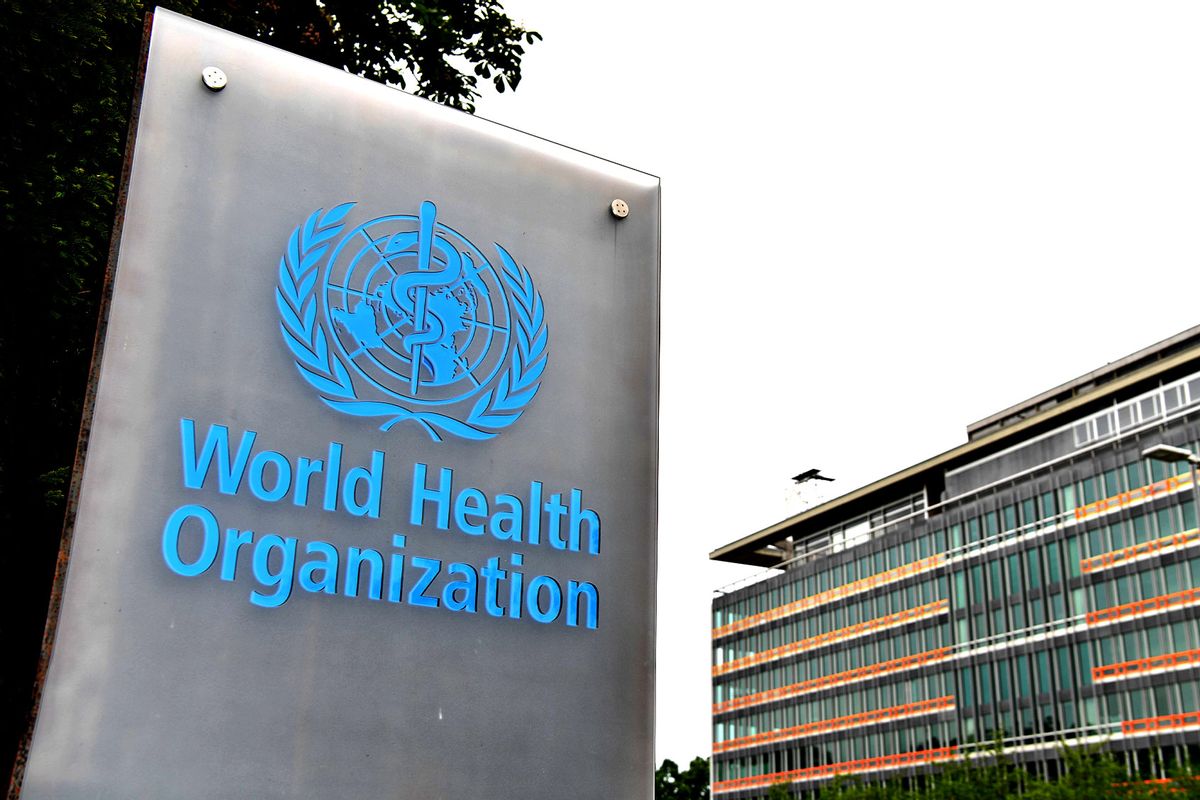On Wednesday, May 8, the World Health Organization (WHO) confirmed an April outbreak of a coronavirus similar to SARS-CoV-2, which causes COVID-19. Four new infections of a coronavirus known as Middle East respiratory syndrome (MERS-CoV) have been reported in Saudi Arabia, according to health officials in that country. At least one of those cases resulted in death.
Because at least two of the MERS-CoV infections involved human-to-human transmission, some researchers are concerned that the outbreak could cause a new pandemic. Despite these fears, the WHO still assesses the overall risk posed by MERS to be "moderate" both regionally and globally. That is in part because three of the four confirmed cases were all limited to a single hospital in the Saudi Arabian capital of Riyadh. The last infection occurred in the city of Taif and involved a patient who had contact with camels. That infection is not believed to be directly connected to the other three.
"The three cases are epidemiologically linked to exposures in a health-care facility in Riyadh, although investigations are ongoing to verify this and understand the route of transmission," the WHO said.
In the one case that became a fatality, the WHO reports that the patient was a 56-year-old male schoolteacher who reported a cough, runny nose, fever and body aches on March 29. He was admitted to an emergency room at a Riyadh hospital on April 4, and two days later was transferred to the Intensive Care Unit isolation and intubated. He had preexisting health conditions that may have contributed to his death, including high blood pressure and chronic renal failure requiring hemodialysis. It is unclear how he was initially exposed to MERS-CoV.
MERS first came to light in 2012, and since then has been responsible for about 940 deaths out of 2,500 cases, giving it a pretty high fatality rate of 36%. There is currently no vaccine for this virus.



Shares